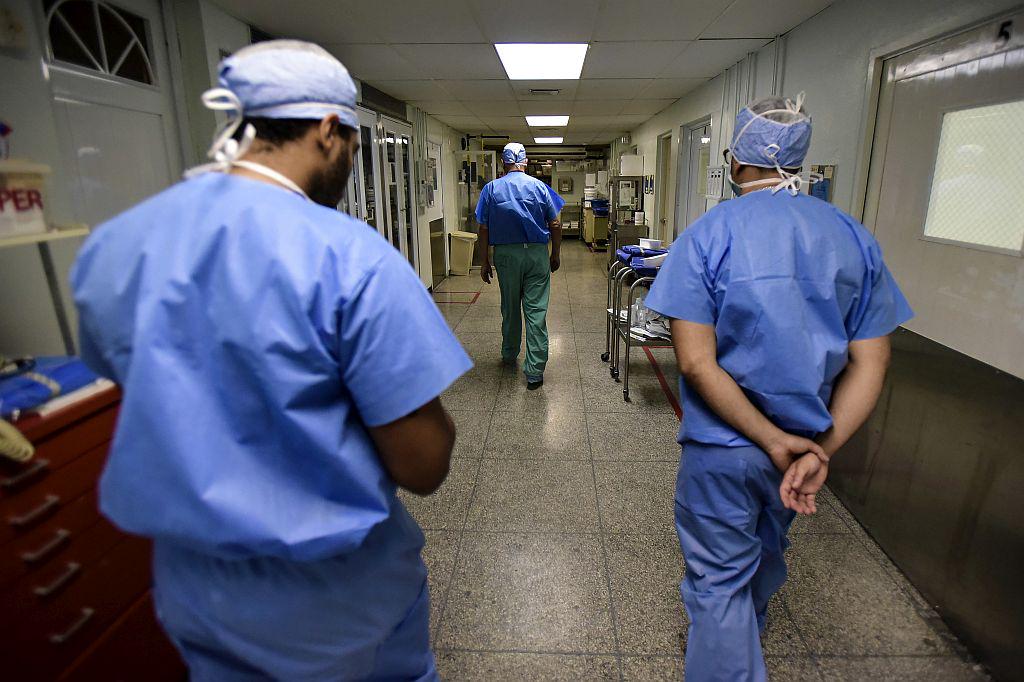The project has been named after the Šilih family, whose son died due to a medical error 23 years ago and has only recently found justice through legal mediation. The settlement between Šilihs and the state include Slovenia's pledge to implement a system that will ensure clear traceability of medial procedures and, as a result, responsibility, reported Nataša Markovič for TV Slovenija.
Project Šilih will thus introduce a new system of tracing medical procedures, detecting errors and speeding up court proceedings. Slovenian hospitals will be required to implement protocols, guidelines and exact rules that will clearly define treatment procedures. "It will be very clear who is responsible for which treatment procedures and how to respond to prevent imminent errors from occurring," explained Tina Brecelj, state secretary at the Ministry of Justice.
The aim is to prevent unclear circumstances surrounding the death of a patient. Therefore, the new system will introduce precise reporting, recording and tracing all medical procedures. According to Brecelj, the system is likely to follow the example of several other countries that consider the lack of precise reports as automatic responsibility in the case of damage claims.
Priority treatment
As soon as it is determined who may be responsible for the patient's death, court proceedings will be given priority treatment. "The judicial system has pledged to an agreement that when a patient's life is on the table, such cases should be given priority by following the principles of irrefutable laws of leadership, which are typical of specialized criminal cases," added the state secretary.
It took 23 years and six judges for the Šilih family to find justice. However, regular court proceedings did not suffice for the case to be solve. Only this December, the case was resolved through a settlement. According to Janez Starman, the lawyer and mediator who participated in the Šilih case, the new project will ensure that the "process of determining potential errors will be quicker, more efficient and transparent".
A case like the Šilih's, with a family fruitlessly seeking justice due to a possible medial error for 23 years, should thus not repeat itself.
G. K., MMC; translated by K. Z.


































































